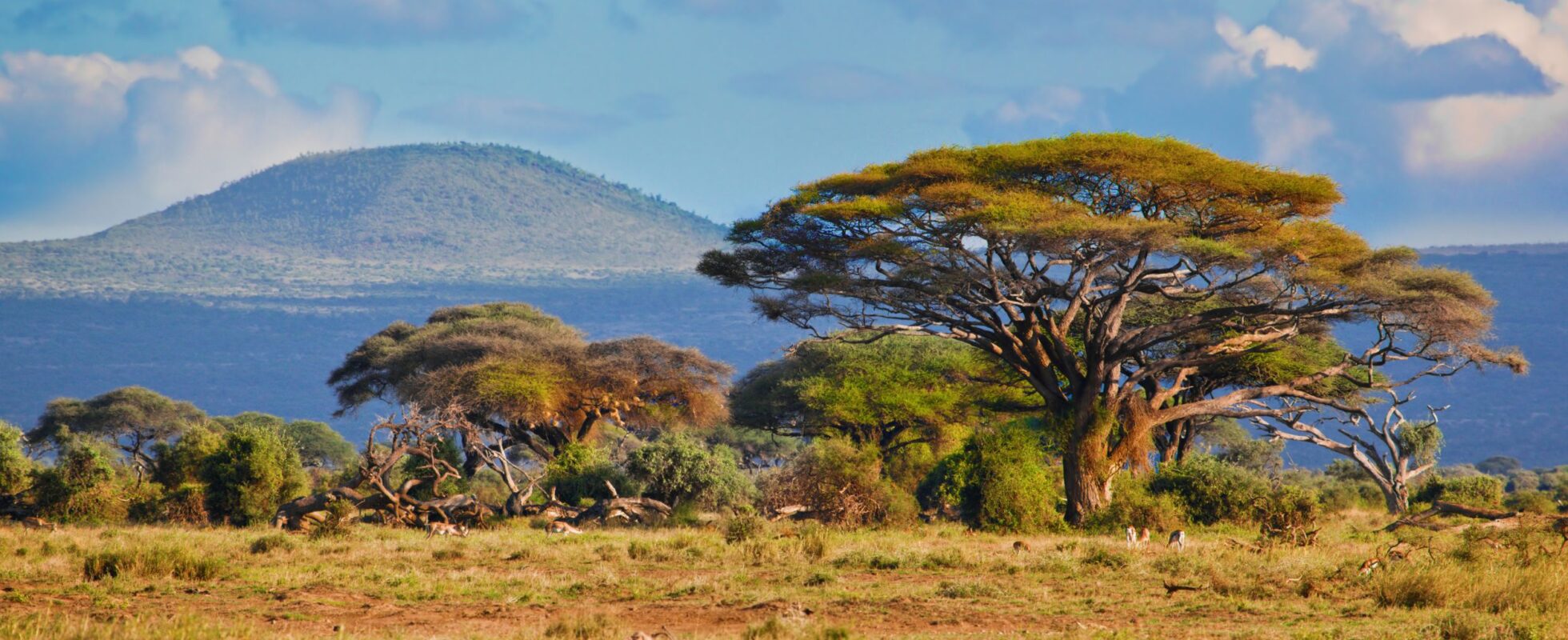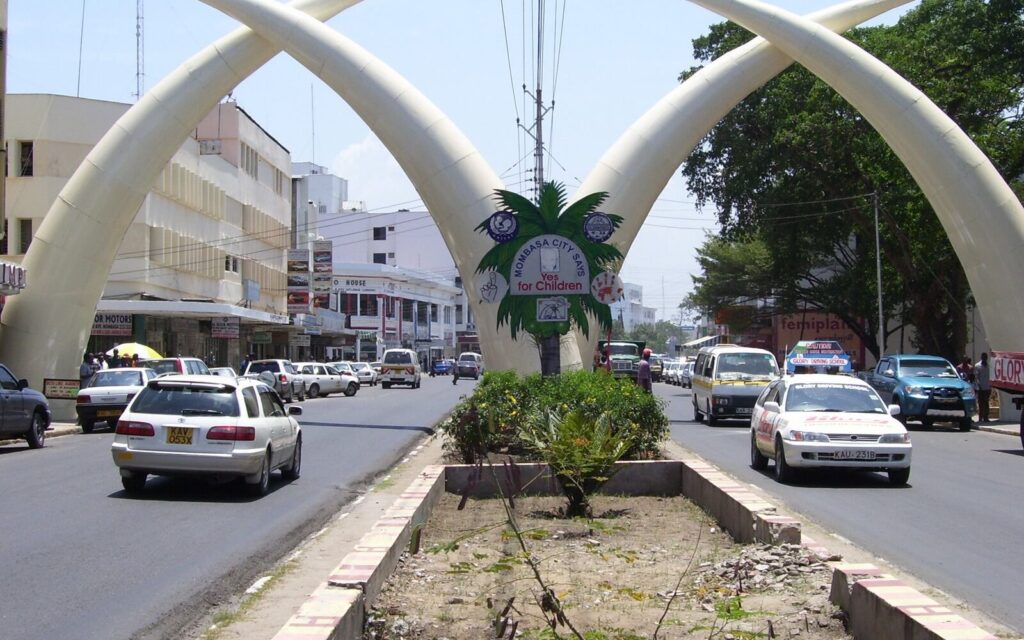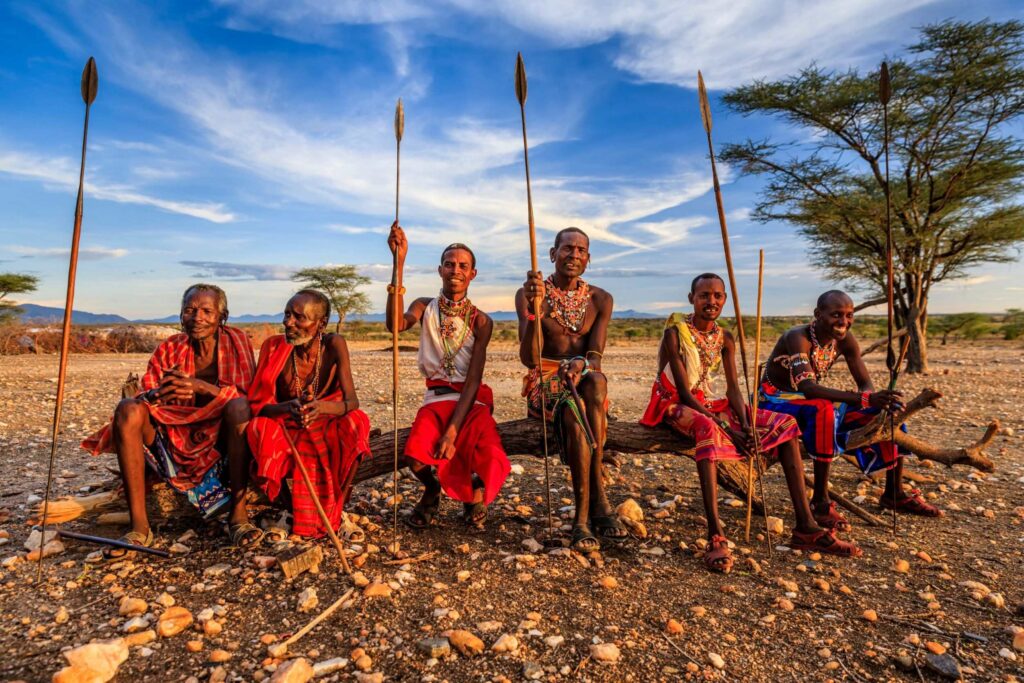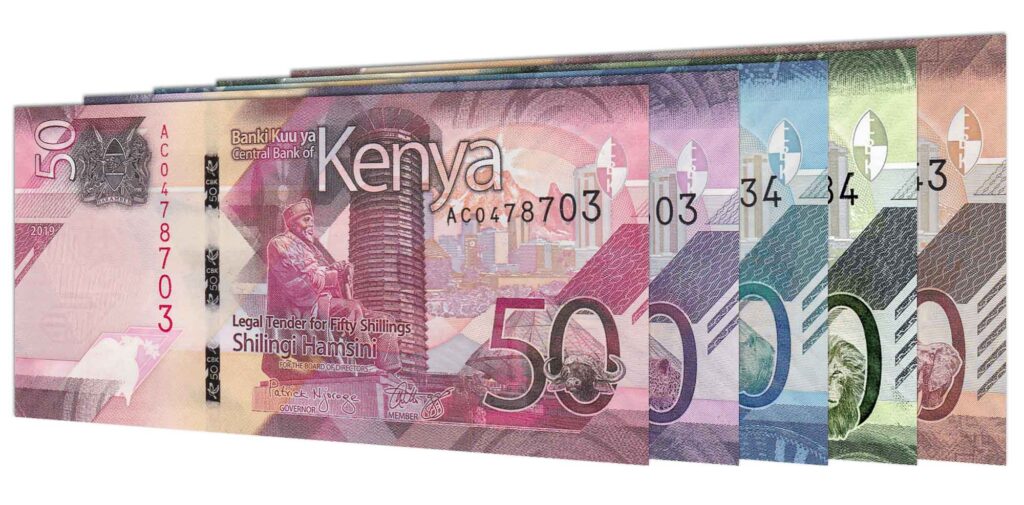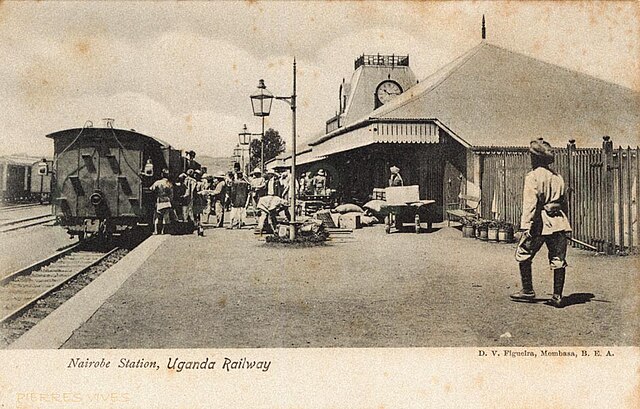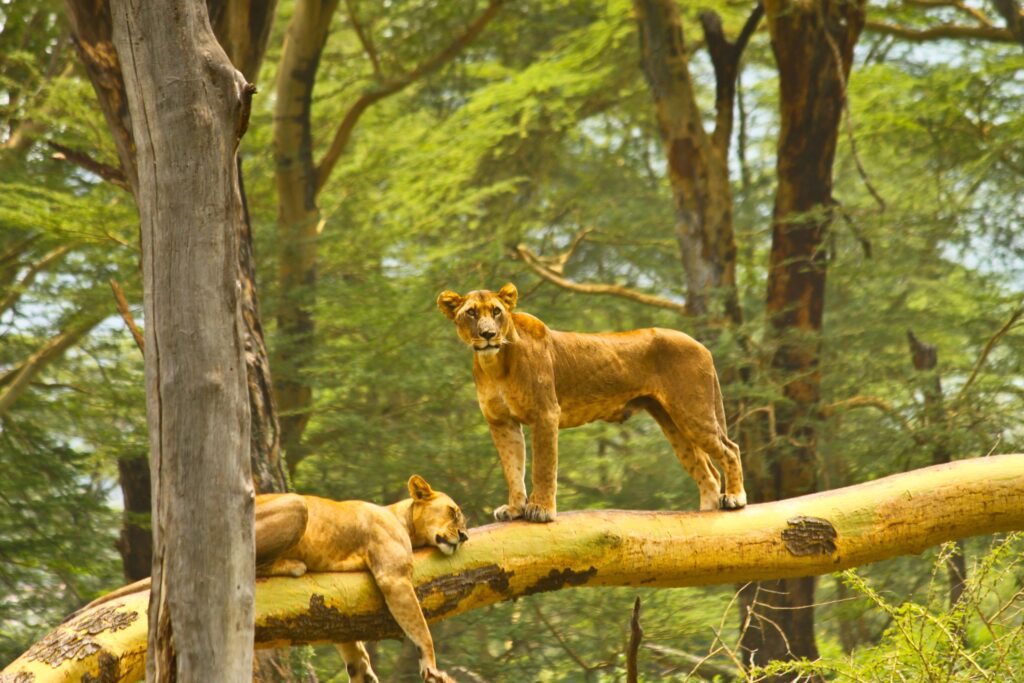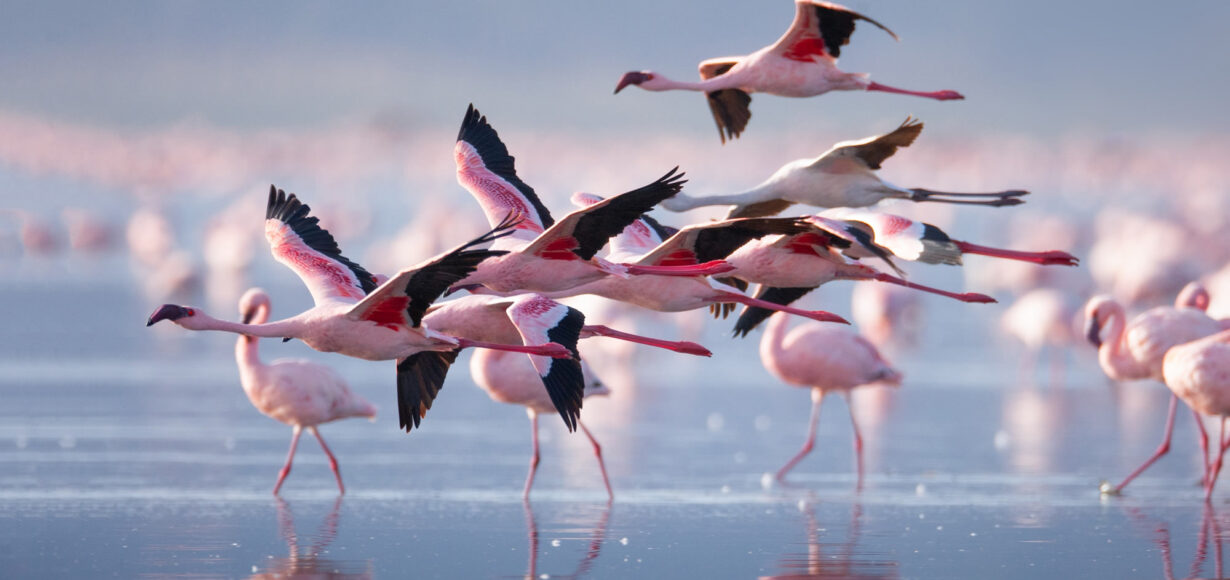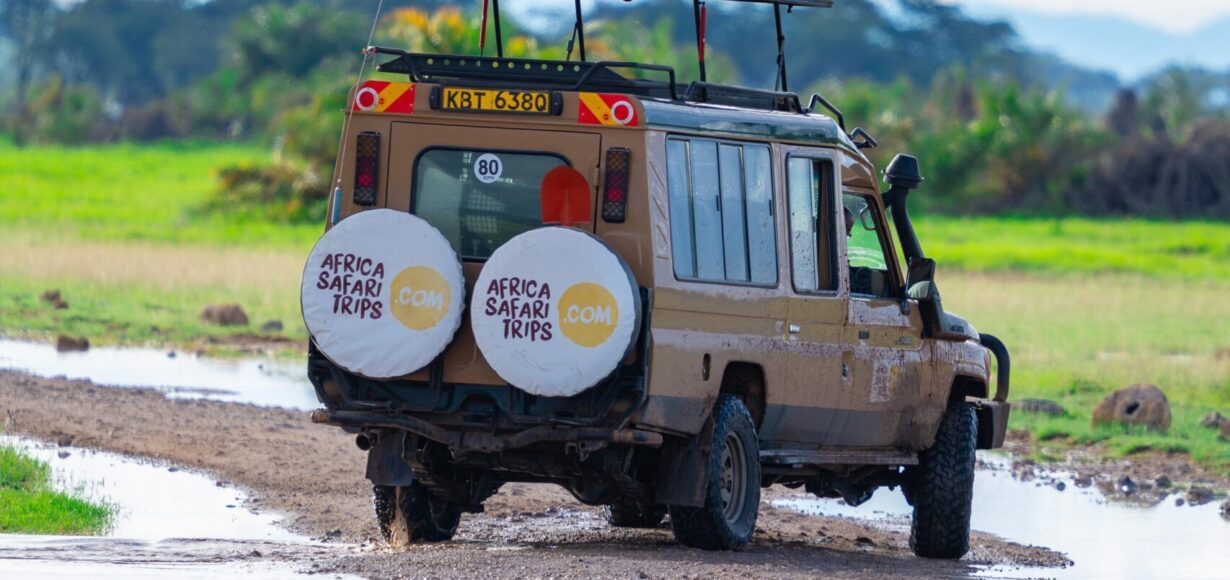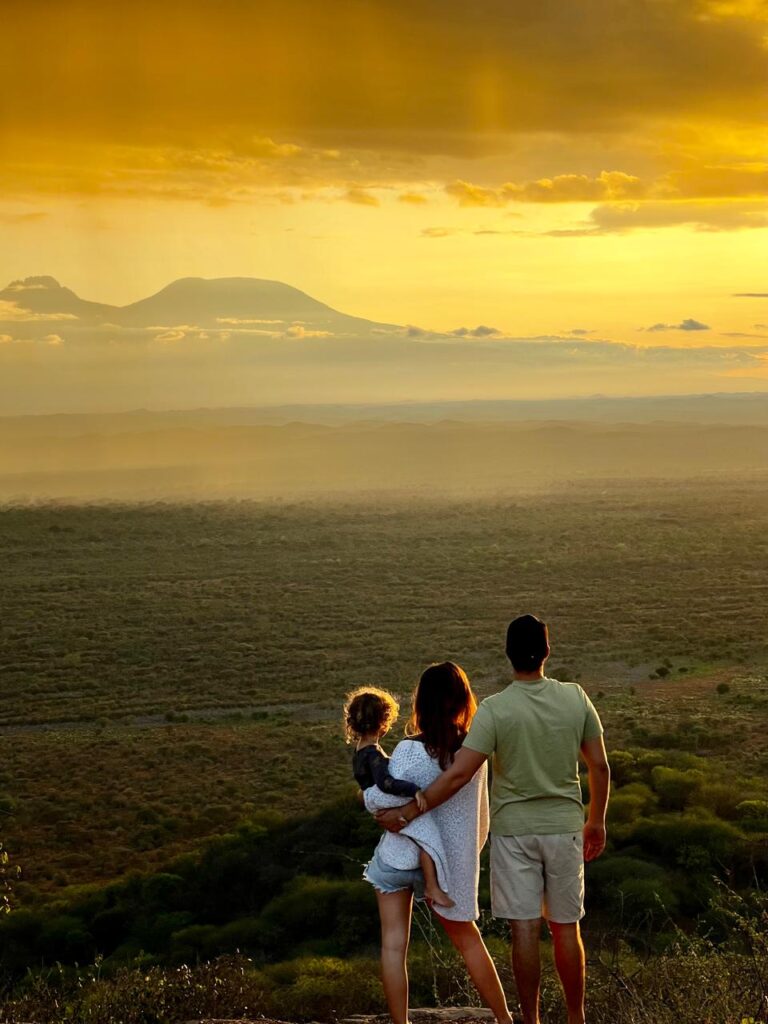
30 September 2020
Kenya, the country of savannahs full of lions, zebras and giraffes and endless white beaches on the coast. It is also an uprising country where things are a bit different (adventure!) to what the average Western traveler is used to. On this page we give you some tips and stories that will help you prepare for your trip!
Kenya overview
Kenya is located in East Africa, in between the Indian Ocean and neighbouring countries Tanzania, Uganda, Ethiopia, Somalia and South Sudan. The country has a population of 54 million people, who belong to 43 different tribes and many times speak their own tribal language. The main tribes are Kikuyu (22%), Luhya (14%), Luo (13%), Kalenjin (12%), Kamba (11%), Kisii (6%) and Meru (6%). The Kikuyu are the leading tribe, with many influential people. But in general a balance between the tribes is maintained.
Kenya has two official languages: English and Kiswahili. In addition, many tribes have their own mother tongue. Kiswahili is not only spoken in Kenya, but also (partially) in Tanzania, Uganda, Rwanda, Burundi, Mozambique and the Democratic Republic of the Congo. Kiswahili belongs to the so-called Bantu-languages, but it also incorporated English and Arabic words. In Kenya, most people speak both English and Kiswahili, and one or more tribal languages.
Kenya’s Cities
Nairobi is the largest city with 4.4 million inhabitants. It’s also the capital. Another well-known city is Mombasa on the coast, which is much smaller and more historical. Even though the cities are usually busy and loud, they do make for an interesting visit and are good to get a feel for the modern day African life.
Facts about Kenya
- Capital: Nairobi
- Currency: Kenyan Shilling
- Population: 54 million
- Language: Kiswahili and English
- Area: 592.000 km²
- Neighbouring countries: Tanzania, Uganda, Somalia, Ethiopia, South Sudan.
- Highest point: 5,199 metres (Mount Kenya)
- Time difference: in summertime the UK is two hours ahead of Kenya, while in wintertime the difference is three hours. The time difference with the USA is 7-10 hours.
- Most popular places: Masai Mara National Reserve, Samburu National Reserve, Tsavo East and Tsavo West National Park.
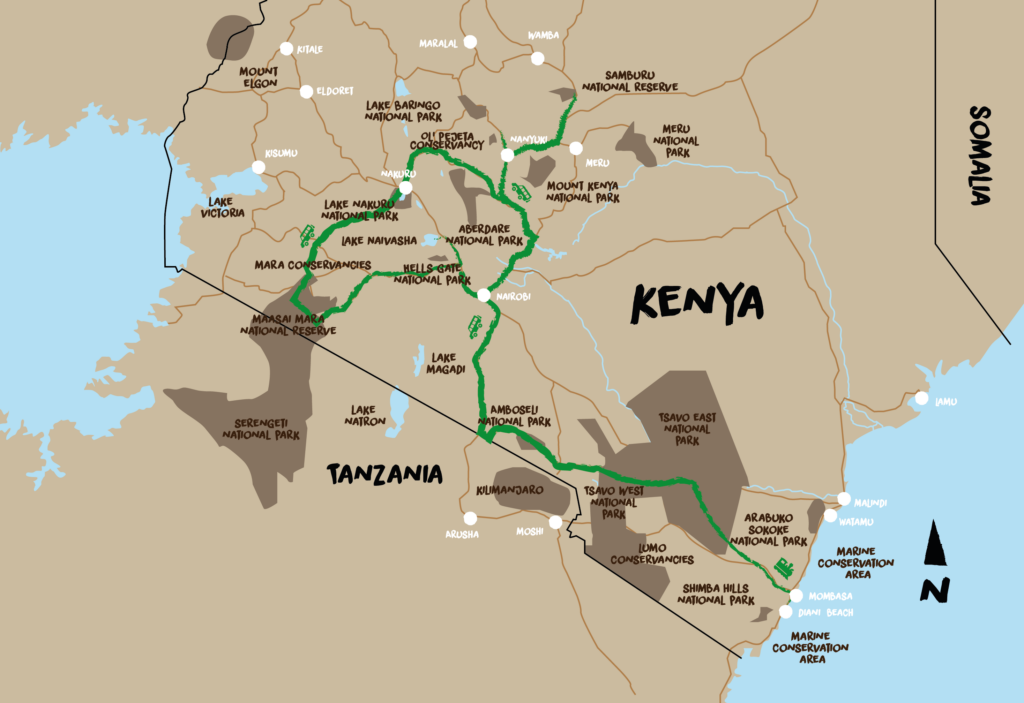
Visa for Kenya
To enter Kenya, you will need a passport that is valid for at least six months beyond your expected return date, as well as an approved eTA (electronic Travel Authorization). The eTA can be obtained online, on the official government eTA website for a fee of 35 USD.
Embassy addresses
United Kingdom
Kenya High Commission
45 Portland Pl, Marylebone
London W1B 1AS
+44(0)20 7636 2371
e-mail: info@kenyahighcom.org.uk
website: www.kenyahighcom.org.uk
United States
Kenya Embassy Washington D.C.
2249 R Street NW
Washington DC 20036
+1(202)387 6101 and (202)760 2079
e-mail: information@kenyaembassydc.org
website: tanzaniaembassy-us.org
Safari
In the Western world safari usually means the observation of wild animals in their own habitat. Originally however it’s a Swahili word that refers to a trip or journey. The good thing is that with us you go on a safari (trip) to see lots of wildlife!
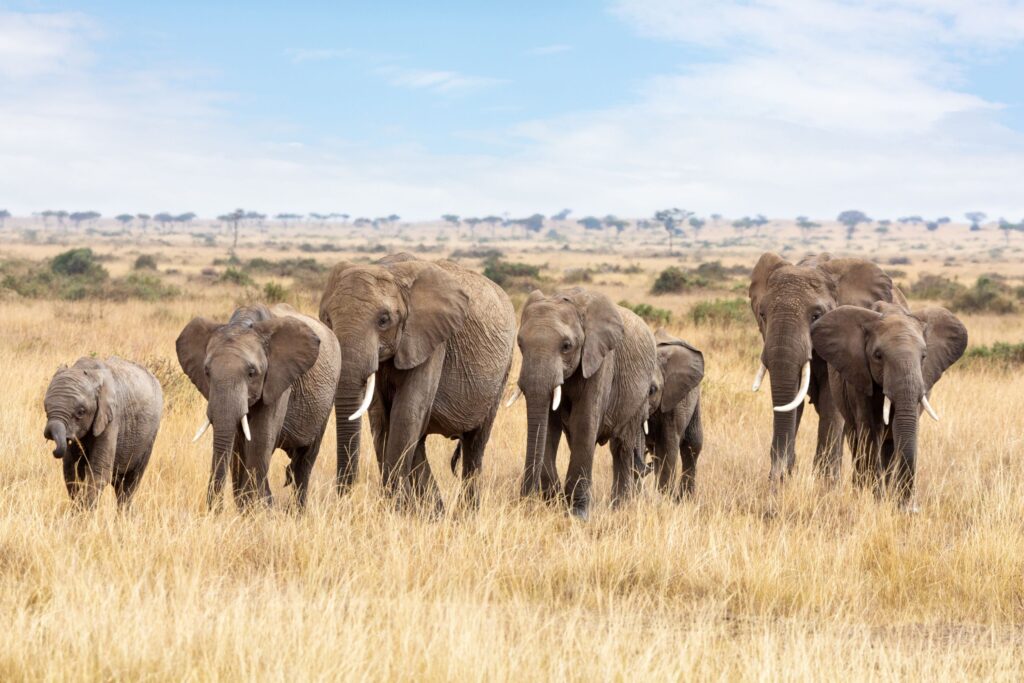
The most popular safari-animals are the Big Five: lions, elephants, buffaloes, leopards and rhinos. But the national parks in Kenya also host countless other impressive animal species and hundreds of beautiful, colourful species of birds. You can see them all with Afrika Safari Trips! Be aware that animals are most active at sunrise and sunset. Around that time temperatures are pleasant and animals are looking for food. The chance to see the animals in action is best during that time. But in the middle of the day there is still plenty of wildlife to see.
Your private guide will be happy to tell you all about the animals, birds and plants you encounter once you are on your safari with a 4×4 Land Cruiser Jeep with foldable roof from Afrika Safari Trips. We only offer private safaris, which means you do not share the car with other people. You decide when the safari starts and ends. In consultation with your guide, you can decide the schedule for the day. For example, if you suddenly feel like ending the day at the pool, that’s no problem. With a little luck you can even spot some wild animals from there.
Visit local tribes
During the safari in Kenya it is possible to visit a traditional tribe. The most famous tribe to visit is probably the Maasai tribe. These are nomadic people who live off their cattle. They adorn their bodies with beautiful bead jewellery, carry long spears in their hands and wear bright red shukkas (blankets). They live in semi-permanent huts – called manyattas – that are made of grass and dung. In their traditional dance they challenge each other to jump as high as possible while keeping their bodies straight. Another interesting tribe to visit is the Samburu tribe, who are similar to the Maasai but live around Samburu National Reserve whereas the Maasai live closer to the Tanzanian border.
Climate in Kenya
The climate in Kenya is characterised by dry and wet seasons. The temperatures are pleasant throughout, but temperatures in the highlands are usually cooler than on the coast, with a significant difference between day and night temperatures. The coastal region is always warm and humid. On average the temperatures lies around 35°C /95°F during the day.
Kenya has long and short rainy seasons. The short rainy season is usually in November, while the long rainy season runs from end of March to the end of May. But even during the rainy season it’s possible to visit Kenya. Most of the roads are passable, the parks are lush and green and there are fewer tourists. The rain usually falls in the afternoon while the mornings are sunny. Some dirt roads in the parks might become impassable due to heavy showers, but in those instances our drivers always look for alternative routes!
Safety
Kenya is definitely a safe country to visit, especially for people going on organised game drives with private guides as you will do with us. There are of course some places to avoid in big cities like Nairobi or Mombasa, but – as with all big cities – by taking some precautions, you will be fine. Also during safari’s, there are a few things to keep in mind:
- Never leave your passport, money or valuables in the room, unless there is a safe.
- Put your valuables in a safe or leave them in special lockers at the reception.
- Do not leave important items (such as money or your bag) unattended in the safari vehicle, even for a short time.
- Leave valuable jewellery at home. Wear a (simple) necklace, watch, or wedding ring, but avoid flashy jewellery (that also monkeys might steel).
- Be wary of pickpockets during the day.
- Avoid going out by yourself at night, especially in the cities avoid going out by foot at night. Always take a taxi.
- If you need a taxi, only use registered taxi companies that you can order at the hotel reception.
Dresscode
It is common practice in Kenya to cover shoulders and wear skirts and pants that reach below the knees. Mombasa and the coastal regions are dominantly islamic and women usually cover their hair as well. It’s respectful to adhere to these customs, but don’t feel obligated to do so. Especially in hotels and on safari shorts or skirts are no problem.
There are some things to keep in mind however, before you start packing your shorts and skirts. The equator runs straight through Kenya, which means the sun can be very hot. It is therefore advisable to wear long sleeves, a hat, dark sunglasses and/or put on sunscreen. Too much sun can lead to dehydration, nausea, dizziness, or headaches.
After sunset it is advisable to wear long trousers (and possibly long sleeves) because of the mosquitoes. Bring a sweater or jacket for the early mornings and cooler evenings, since especially in the mountainous regions of Kenya it can get chilly. We also recommend comfortable (sports) shoes, and swimwear for swimming pools and days on Kenya’s beaches.
Safari clothing
During the safari it’s best to wear casual clothing, preferably cotton clothing in safari colours. We advise against wearing dark or bright colours during the safari (black, blue, red) – these will attract flies and insects. Colours that don’t stand out, like khaki or olive green, are best.
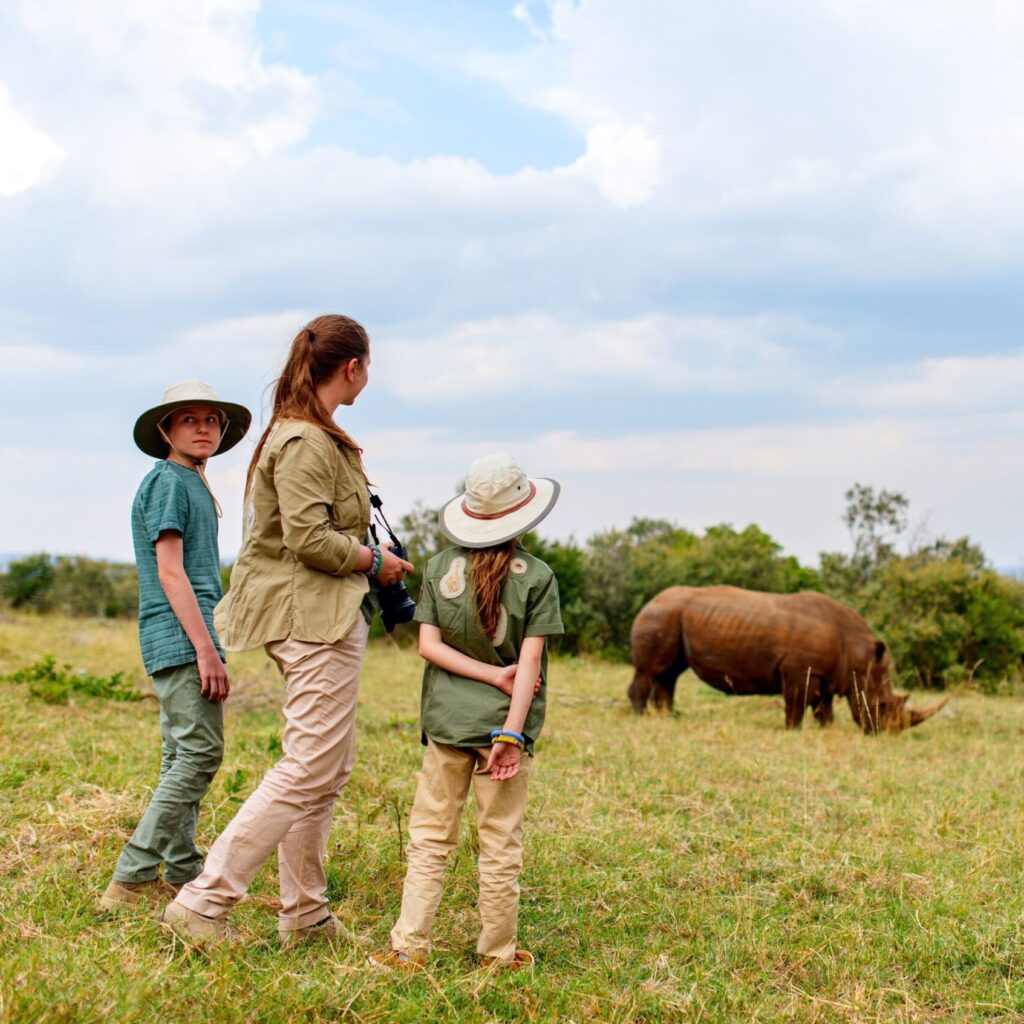
Healthcare in Kenya
The quality of health care in Kenya varies. In major cities like Nairobi and Mombasa there are some good medical facilities, but it’s always better to prevent any medical emergencies. A proper preparations is key:
Kenya is a tropical country and some vaccinations are recommended when visiting, Hepatitis A and Yellow Fever being the common ones. At the moment the Covid-19 vaccination is also mandatory for anyone traveling to Kenya. Malaria used to be a problem in Kenya, but has been mostly eradicated in recent years. However, most visitors take malaria medication to be sure, and protect themselves at night with mosquito repellent. Make sure to pack some long sleeved tops and trousers in case you want to be outdoors at night. All lodges are equipped with mosquito nets to avoid contact with mosquitos.
It is advisable to bring your own first aid kit to Kenya. This should include plasters, (sterile) gauze, anti-blistering agents, iodine, and medicines for common ailments such as headaches and bowel problems. It is also good to bring sanitary towels and tampons, since these can be difficult to obtain in some areas.
In any case make sure to have good health insurance when traveling to Kenya. On top of that we can help you get a Flying Doctors insurance. At all times we recommend you ask your physician or local health center for up-to-date advice before traveling to Kenya. For Kenyan Covid-19 policies we kindly refer you to the Kenyan Ministry of Health.
Food
Food and drinks in the lodges, camps and resorts in Kenya are mostly European style, but with a selection of Kenyan dishes. Think chapati’s and cassave for breakfast, and rice, beans, fresh veggies, curry’s, fresh fish and roast meat for lunch and dinner. Hotels usually serve this together with a full English breakfast with eggs, bacon, tomatoes, cereal and delicious tropical fruits served in the mornings. Lunch then often consists of hot meals and both lunch and dinner can be a three- or more course meal. In smaller lodges and camps, meals are usually served as a set menu. The larger lodges usually offer lunch and dinner in buffet form.
During the safari you can have a packed lunch, which you can enjoy at special picnic areas along the way.
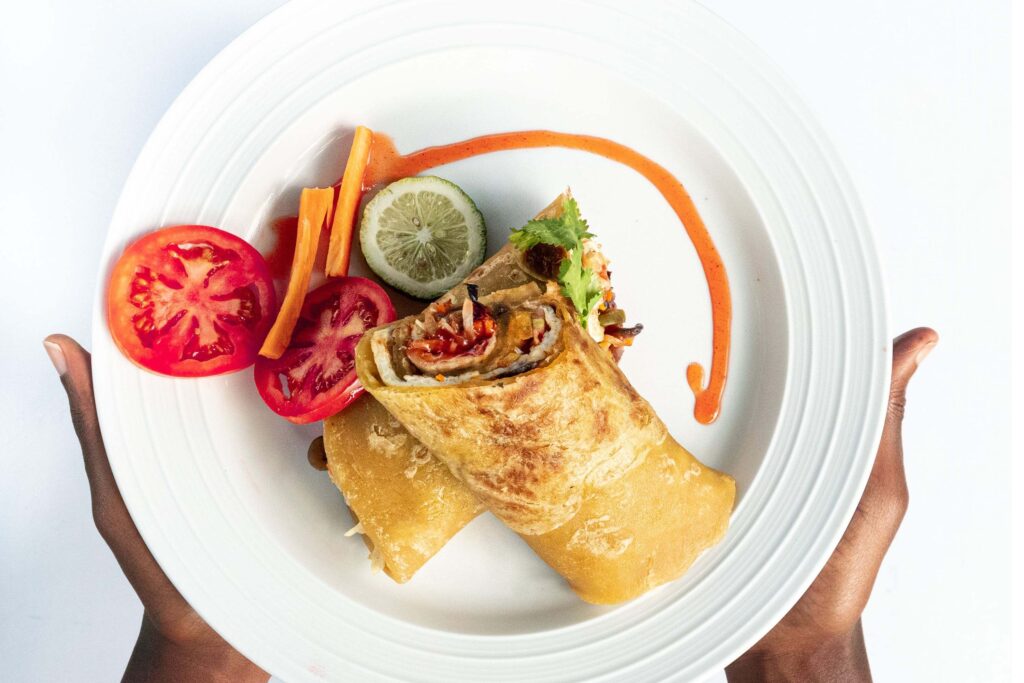
Drinks
The local beer (the most famous being Tusker and White Cap) is good and most hotels offer a choice of wines. Tap water is not suitable for consumption in Kenya. During the safari we provide you with plenty of bottled drinking water and there is always a bottle or jug of purified drinking water in the rooms. You can also buy bottled drinking water at each lodge and at small shops on the way. Make sure you drink enough water. The heat in Kenya can cause you to dry out before you know it.
Money
In Kenya you pay with the local currency, US dollars and/ or creditcards. The local currency is the Kenyan shilling, which is available in 50, 100, 200, 500 and 1000 Kenyan shilling banknotes, and in 1, 5, 10 and 20 Kenyan shilling coins. One euro is approximately 130 Kenyan shillings, whereas one dollar is approximately 115 Kenyan shilling (feb 2022).
The Kenyan shilling is not available and tradable outside of the country, but it’s good to have it on you for local purchases and tips. You can find ATM’s on the international airports as well as in cities and villages near the national parks. We advise to take money out of the ATM upon arrival and along the way, and only take a little cash (euro/ USD) from home as back up. Be aware that taking money out of the ATM costs a small fee and that your credit- or debit card needs to be enabled to withdraw money worldwide.
Mastercard, Visa and American Express are usually accepted by ATM’s, as well as in lodges and hotels. Some remote camps might have difficulty processing your creditcards, due to their remote location and poor connections.
Tips
Tips are appreciated but not mandatory in Kenya. We recommend to tip local staff if possible, knowing that wages are generally low. If you are satisfied with the service, please don’t hesitate to show your appreciation by for example give a dollar or 100 Ksh to the person carrying your suitcase to the room. Many times it’s also possible to leave a tip for the complete staff when checking out. Receptions usually have a box especially for this purpose.
It’s also highly appreciated if you tip your personal guide at the end of the safari, as we trust you will be satisfied with his service. You are free to decide what amount to give him, but as a general guideline we would say to give 20 USD per day, for the duration of the safari. Our guides earn decent salaries, but these tips are often used as savings for the extended family (and can for example help a cousin finish school).
Phone calls from Kenya
Kenya’s country code is +254 and usually there is no problem getting cell phone coverage. However, signals might not be very strong in the national parks, and some camps offer WiFi in designated areas only. It’s fairly easy to buy a local sim card if you want to avoid roaming charges.
For emergencies lodges and camps in the national parks usually have a handradio.
Photography and video
If you are passionate about photography and intend to take some amazing shots of the Kenyan animals and landscapes, we have some tips to help you prepare:
- Bring enough memory cards and extra batteries. It’s possible to buy them in Kenya but it’s best to avoid the hassle of going into town and find them.
- Bring lens caps, cleaning cloths, and a tight-fitting camera bag to protect the camera from dust.
- Bring a UV- or light filter for the highlands and to protect the lens.
- A zoom lens (e.g. 300 mm) is recommended for photographing wild animals.
- Note that many tented camps use solar power or a generator and offer limited power. Usually it’s a restricted number of hours per day and voltages (220 – 240V) may fluctuate. We advise to take a plug adapter (Kenya uses UK 3-pin sockets) and voltage converter.
- When taking pictures of locals, always ask for permission. Nowadays people are more used to cameras, but not everyone likes to have their picture taken. Especially in remote areas it shows respect to ask for permission first.
- The use of drones is only allowed for licensed citizens, businesses and government officials. It is possible to apply for a temporary license in advance. Ask our sellers for more information.
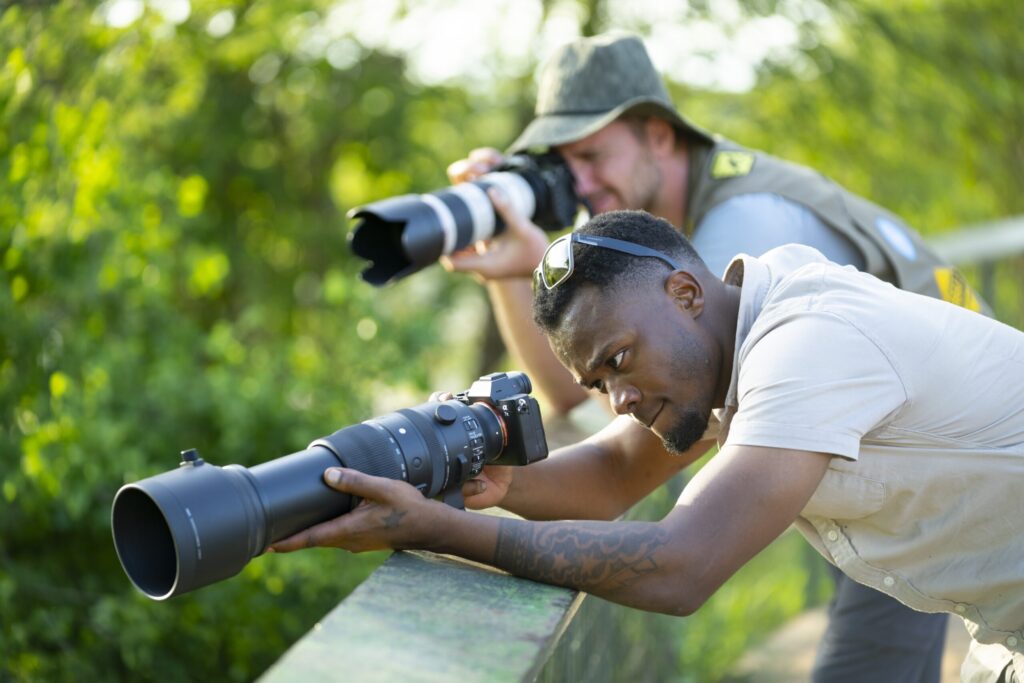
Electricity
Many camps in the national parks run on solar power and generators and don’t offer power 24/7. Usually power is available from 05:00-09:30 am and from 7:00-11:00 pm (when guests are using facilities at the camp).
The voltage in Kenya is not the same as in Europe or the United States. Hotels in Kenya offer a voltage of 220-240V that often fluctuates. The sockets are three-pin (UK). It’s advisable to bring an adapter for the sockets and a voltage converter for sensitive equipment.
Insurance
Travel insurance
We advise our customers to get a good travel insurance. A travel insurance covers medical expenses, but usually also damages and/or loss of luggage.
Travel cancellation insurance
A travel cancellation insurance is also recommended. Be aware that some insurances only partly reimburse the amount in the event of an cancellation, so be sure to check this carefully!
Flying Doctors Insurance
The AMREF Flying Doctors have been conducting medical evacuation flights in Kenya, Tanzania and Uganda since the 1950s. This Flying Doctor Service is a flying ambulance service with its doctors and pilots on standby 24 hours per day, every day of the year. A Flying Doctors insurance adds to your regular travel insurance and is not compulsory. In an emergency, however, they are able to immediate evacuate clients from remote areas and fly them to the hospital in Nairobi. The costs for Flying Doctors in Kenya are as follows:
- Up to two weeks: 29 USD per person
- Up to two months: 39 USD per person
Public holidays in Kenya
In addition to the Christian holidays, Kenya has several national and Islamic public holidays:
1st of January: New Year’s Day
1st of May: Labour Day
May: Idd-ul-Fitr (end of Ramadan, exact date depending on the lunar cycle)
1st of June: Madaraka Day (commemorates the day Kenya attained self-rule on the 1st of June 1963, before gaining full independence from the United Kingdom on December 12, 1963)
July: Idd-ul-Azha (sacrifice feast, exact date depending on the lunar cycle)
October 10th: Utamaduni Day (national culture day)
October 20th: Mashujaa Day (or Heroes Day, to collectively honour all those who contributed towards the struggle for Kenya’s independence or positively contributed in the post independence Kenya).
December 12th: Jamhuri Day (Independence Day)
Fancy a safari in Kenya?
Can you already picture yourself, cruising the Kenyan savannah? Relaxing under a palm tree on the endless white beaches? Kenya has many highlights and promises unforgettable memories. Take a look at our Kenya Safaris to know what the possibilities are for your Africa safari. These itineraries are carefully planned by us to allow you to have the best experience in the given time. It’s also possible to discuss your personal wishes, or to plan your trip exactly to your wishes with advice from our travel consultants. Also if you have specific questions, you are welcome to contact us so we can inform you about all the possibilities!
